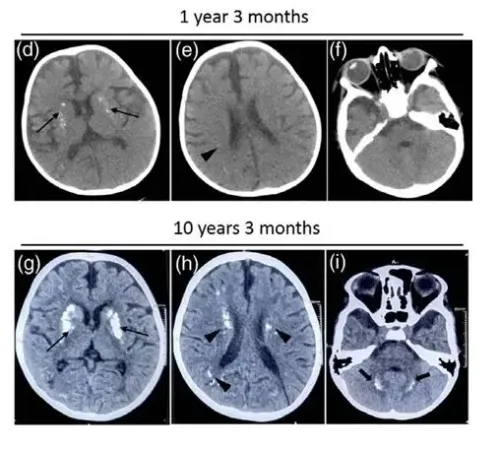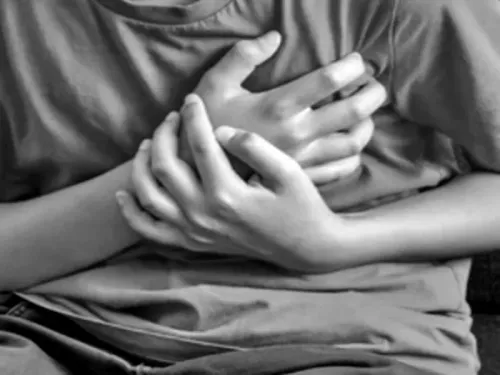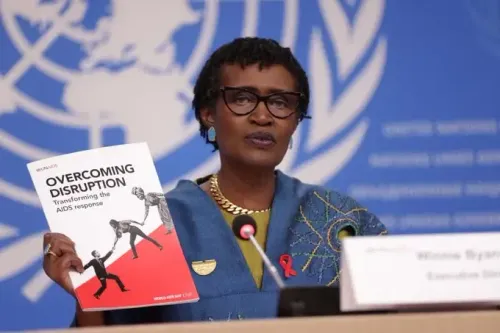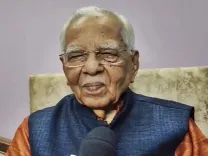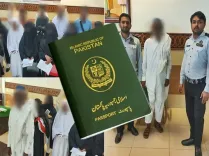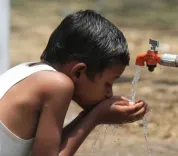Why Do Patients in Sindh Struggle with Healthcare Facilities?
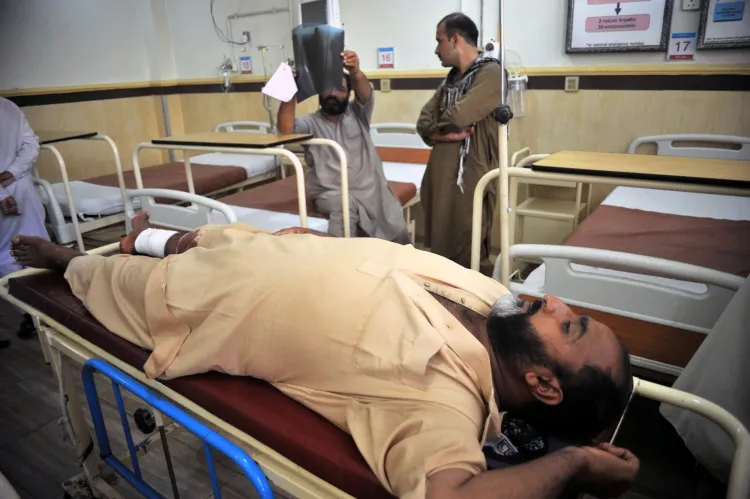
Synopsis
Key Takeaways
- Sindh's healthcare facilities are significantly underdeveloped.
- Hundreds of staff positions in hospitals remain vacant.
- Patients are often redirected to overwhelmed major hospitals.
- Lack of essential diagnostic equipment impacts timely treatment.
- Immediate action is necessary to improve healthcare access.
Islamabad, Nov 27 (NationPress) The fundamental infrastructure of primary and secondary hospitals in Pakistan's Sindh remains significantly underdeveloped even after 70 years. Hundreds of staff positions in district hospitals are unfilled, and trauma centres for accident victims are still non-existent, according to local media.
In 2000, a notification was released to affiliate four district hospitals with Dow Medical College to bestow them with teaching hospital status, as reported by The Express Tribune. Unfortunately, this notification was never put into effect. The intention was for Dow's faculty to visit district hospitals and offer medical services to patients.
Despite receiving a budget for medicines from the Sindh government, district hospitals are limited to performing routine tests and basic treatments. They lack the equipment necessary for diagnostic tests, including MRI, CT scans, PET-T, colour Doppler, and other essential procedures. Consequently, patients are obliged to seek care at Civil Hospital and Jinnah Postgraduate Medical Centre (JPMC), which are already overwhelmed.
Health centres and maternity homes in various districts and rural areas of Karachi also suffer from a lack of crucial facilities. This deficiency not only delays the diagnosis process but also places a heavy burden on major government hospitals.
Muhammad Aslam, a resident of New Karachi, shared with Express Tribune that he visited the Sindh Government New Karachi Hospital for severe back pain, only to find that an MRI was recommended but unavailable. A private diagnostic centre quoted him Pakistani Rupees (PKR) 20,000 for the MRI, prompting him to borrow money. He noted that no government hospital in Karachi performs spinal cord surgeries due to a lack of spine surgeons.
Dr. Agha Amir, Medical Superintendent of the Sindh Government Saudabad Hospital, stated that while the facility has 180 beds, it lacks MRI and CT scan machines, having been designated as a secondary hospital.
He added, "A trauma centre and psychiatric unit were announced, and machinery worth millions was procured four years ago, but it remains unused. With a population of 2.4 million in Malir district, patients in need of CT or MRI scans are redirected to Jinnah or Civil hospitals.


